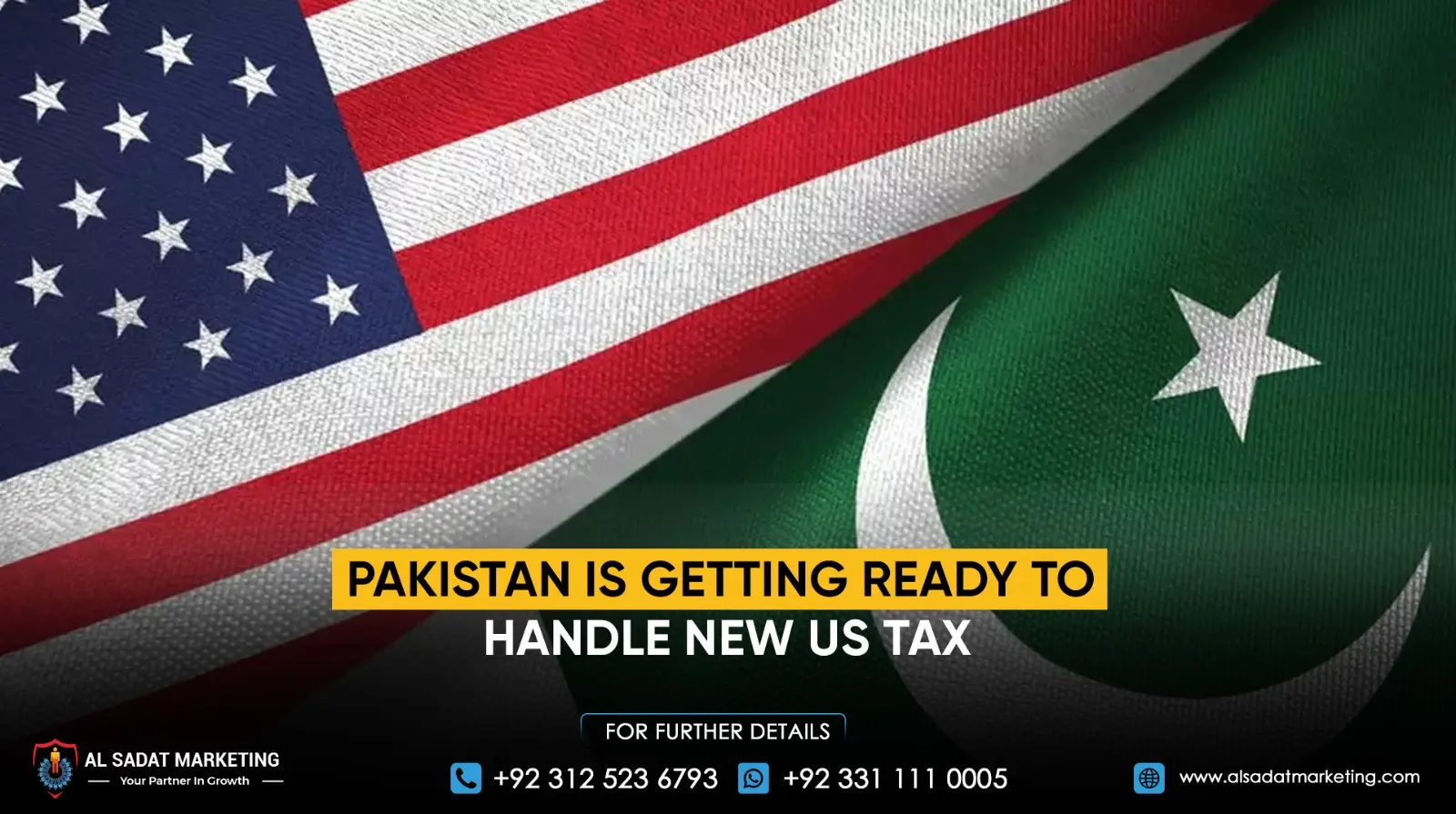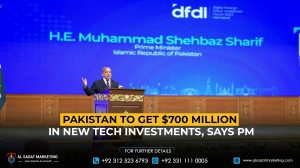ISLAMABAD: In a decisive move to safeguard national economic interests, the federal government of Pakistan has unveiled a multi-pronged strategy to counter the 29% tariffs imposed by the United States on Pakistani exports. This comprehensive plan focuses on minimizing economic damage while strengthening Pakistan’s position in global trade negotiations.
High-Level Steering Committee Formed
Prime Minister Shehbaz Sharif has established a 12-member steering committee led by Finance Minister Muhammad Aurangzeb. The committee will oversee Pakistan’s official response and lead discussions with US officials on the issue. It brings together key decision-makers from both economic and diplomatic sectors.
Also Read: Should You Buy Property in Pakistan or Invest Abroad? A Financial Comparison
The committee includes:
- Federal Ministers for Commerce and Petroleum
- Prime Minister’s Special Assistant on Industry
- Chairman of the Federal Board of Revenue (FBR)
- Foreign Secretary
- Pakistan’s Ambassador to the US
- Pakistan’s Permanent Representatives to the WTO
- Economist Dr. Ijaz Nabi
- Trade & Investment Minister in Washington
- Trade Secretary
This group will coordinate the nation’s efforts to deal with the fallout of the US tariffs and steer trade diplomacy at a critical time.
Dedicated Working Group for Technical Support
Alongside the steering committee, a 19-member working group has been formed to provide technical analysis and expert advice. The group is headed by Commerce Secretary Jawad Paul and consists of high-ranking federal secretaries and top business leaders from the private sector.
This working group has been tasked with:
- Analyzing the direct and indirect impact of the 29% US tariffs
- Drafting short-term and long-term policy recommendations
- Identifying emerging global trade opportunities
- Providing real-time data and sector-specific insights
- Strengthening negotiation strategies through solid research
The group will serve as the backbone of the government’s economic response, delivering accurate reports and actionable intelligence to support Pakistan’s policy direction.
Government’s Focus: Protection, Strategy, and Global Leverage
Officials from the Commerce Ministry emphasized that the move is not just reactive. It’s part of a broader strategy to reinforce Pakistan’s global trade presence and protect its export sector from unfair trade practices.
“This is a multi-pronged effort that brings together top officials, trade experts, and diplomats to protect Pakistan’s trade interests in a volatile global environment,” said a senior ministry official.
The steering committee and working group are expected to present initial findings within weeks, helping the government take a firm stance in upcoming discussions with US trade authorities.
Why This Matters for Pakistan’s Economy
The US is one of Pakistan’s largest export markets, and a 29% tariff could have significant repercussions for industries such as textiles, leather goods, and surgical instruments. The government’s quick response is aimed at shielding these sectors and ensuring continuity in foreign earnings.
By engaging both economic and diplomatic channels, Pakistan hopes to not only reverse or reduce the imposed tariffs but also build long-term resilience in its export policies.
Looking Ahead
As global trade dynamics continue to evolve, Pakistan is positioning itself to respond proactively. The formation of these high-level bodies reflects a serious commitment to defending national trade interests through diplomacy, data, and policy innovation.
The outcomes of these efforts will likely shape Pakistan’s trade future, both with the US and other major economies.










